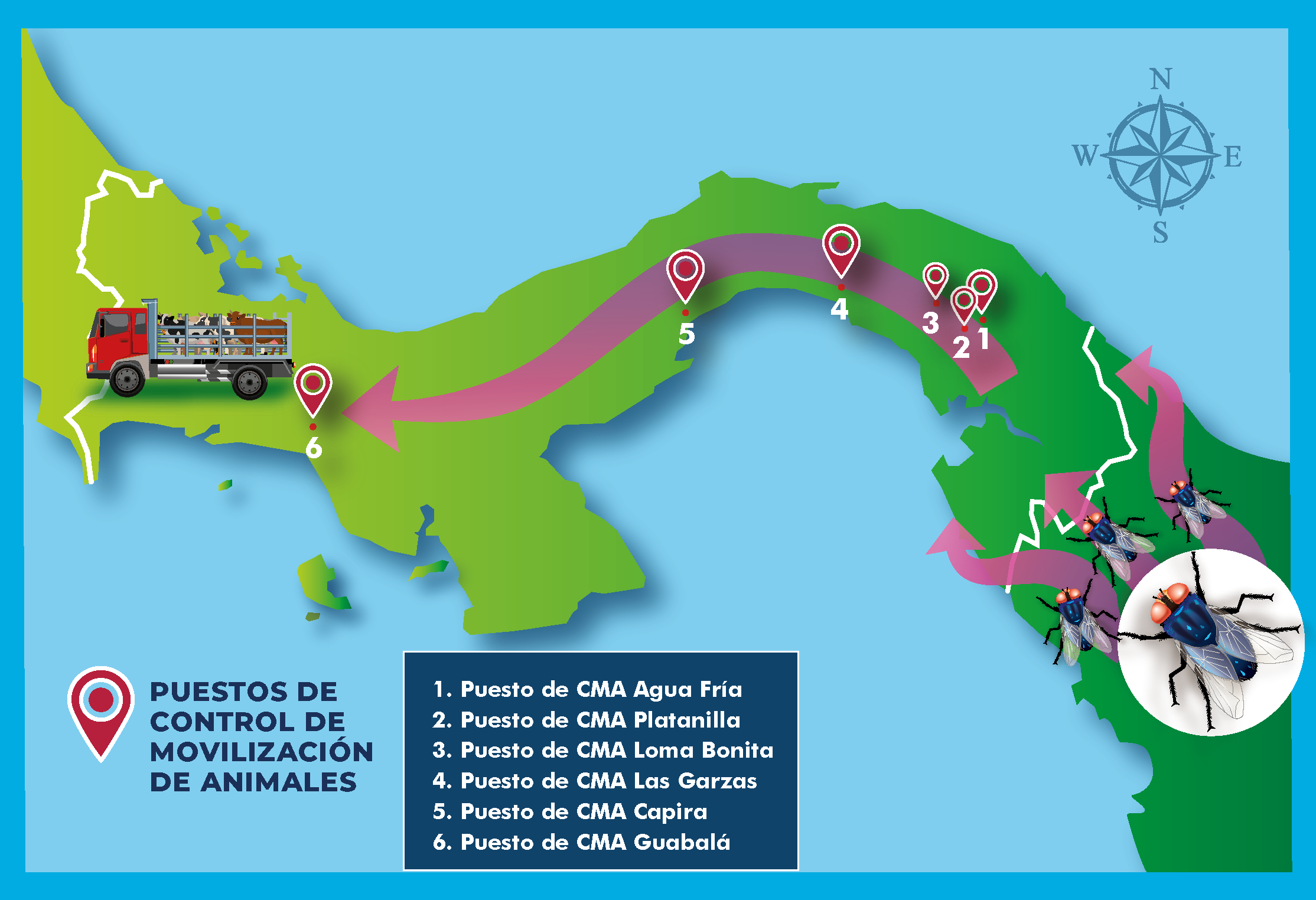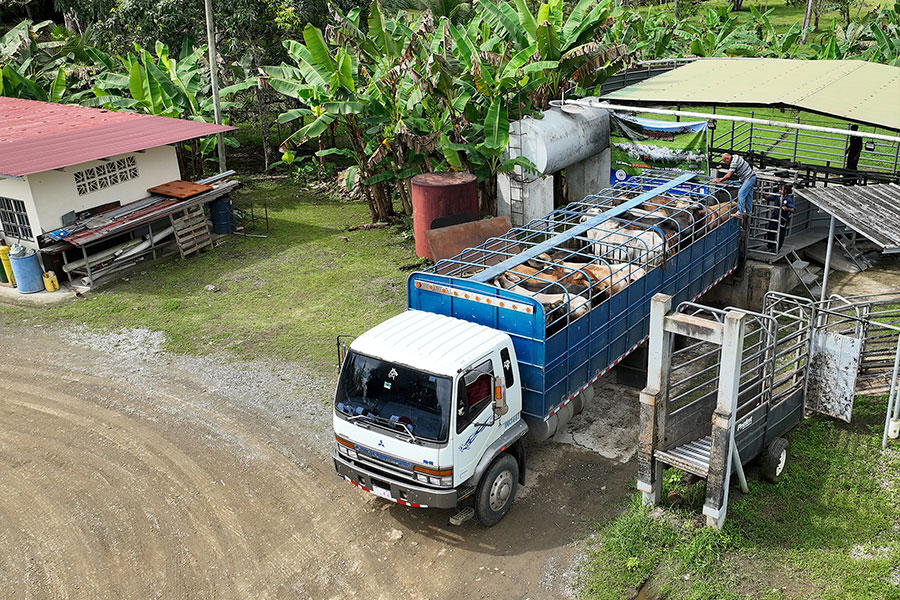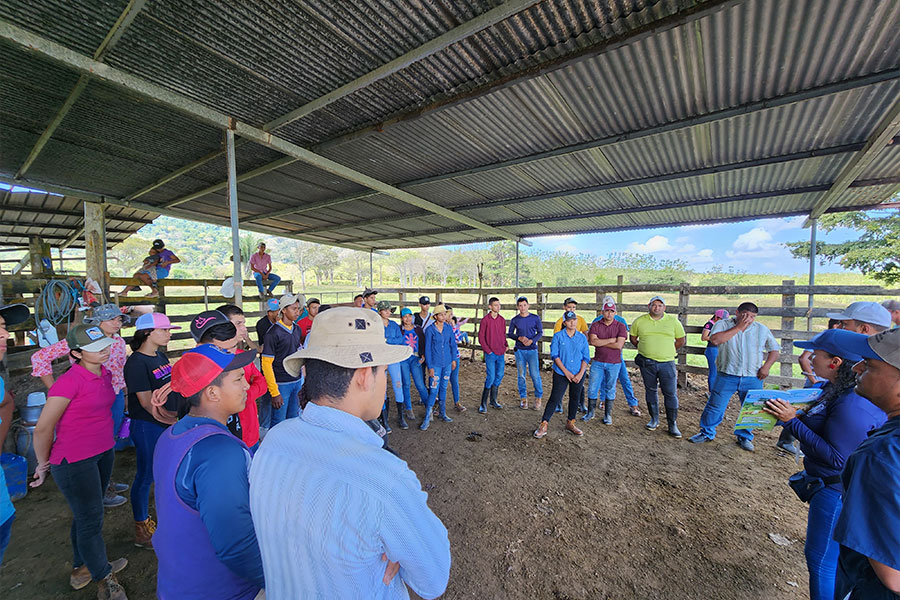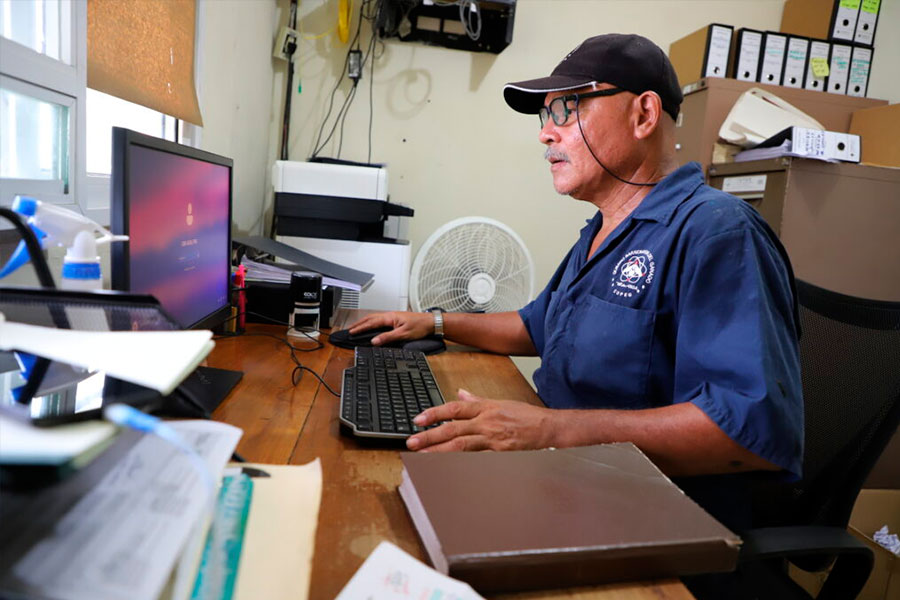Surveillance

This department is composed of several areas, described below:
Their primary role is to provide training on the disease, animal health, and proper livestock management techniques. They also manage the Honorary Watchers program, which consists of individuals linked to the agricultural sector who actively participate in screwworm surveillance. This program is one of the pillars of the GBG control initiative and is led by the producers themselves, with the goal of making them active collaborators (accredited according to existing legislation). These individuals are selected by field technicians based on a defined profile and in numbers that the organization can effectively support. They receive direct formal training.
This work is voluntary and unpaid, with the goal of protecting both their own livestock and that of their community. Participants are aware that by protecting animal health, they are also safeguarding the health of their families and even contributing to the national economy.
Their contribution typically involves sharing their knowledge about the screwworm with other producers, friends, neighbors, and acquaintances—promoting best practices and encouraging the reporting of suspected cases, should any appear in the community.





